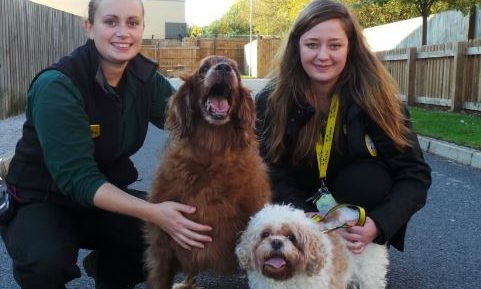Canine Care Card: Looking after furry loved ones after you’re gone

Man’s best friend, a partner for life, Rover, whatever you call your dog, losing him can be devastating – but what happens when the owner outlives the dog? For many years, dogs left behind by the deceased would end up as strays, escaping the now vacant house in which they were left, especially in the case of those with no direct next of kin.







